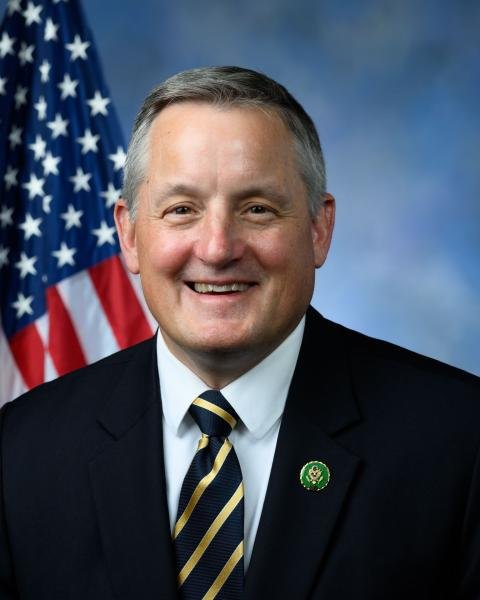WASHINGTON - Last night, the Environmental Protection Agency (EPA) announced new National Ambient Air Quality Standards (NAAQS) for fine particulate matter (PM2.5) that will have major implications on the U.S. economy. Congressman Bruce Westerman (AR-04) released the following statement:
“These new industry killing standards on fine particulate matter have the potential to jeopardize millions of jobs nationwide and threaten billions in economic activity, and it will be devastating for the forest products industry, which is vital to Arkansas’ 4th Congressional District. Improving air quality and being good stewards of the environment is a top priority of agriculturalists and forest products manufacturers. This latest radical decision by the EPA was not made with the best interests of our environment in mind, and only puts these critical industries at risk. I’m calling on the EPA to consider the ramifications of this action and rescind these onerous standards immediately.”
BACKGROUND
Last night’s decision by the Biden Administration, which lacks scientific evidence, could result in a loss of billions of dollars in annual economic activity and risk over 300,000 manufacturing jobs.
This announcement comes two years before the existing PM2.5 NAAQS would begin a new, exhaustive review by expert scientific advisors under the Clean Air Act’s statuary process.
The new PM2.5 NAAQS break down the standards even further, jeopardizing our economic, employment, development, and manufacturing capabilities and opportunities nationwide.
In October 2023, Congressman Westerman sent a letter, alongside 70 Republican Members, urging the EPA to withdraw the costly and unnecessary proposal and review the PM2.5 NAAQS under the Clean Air Act’s regular review cycle. Congressman Westerman has not received a response to that letter.
On January 30, 2024, Congressman Westerman sent a follow up letter to EPA Administrator Michael Regan urging the agency to halt its release of the finalized update.
Click here to view the rule summary from the EPA.

